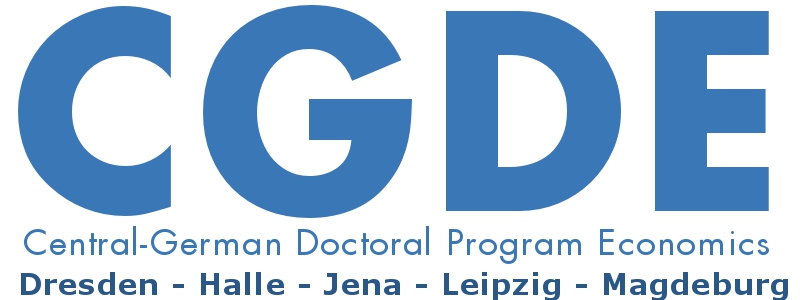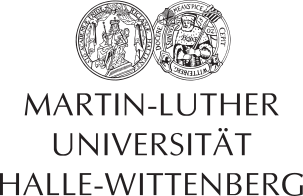Topics in Corporate Finance
Lecturers: Dennis Hutschenreiter, PhD and Professor Dr Daniel Streitz (IWH)
Date: winter term 2023/2024 / The course is taught in 10 weekly sessions of 120 minutes every Thursday (2 pm) starting October 12.
Venue: Halle Institute for Economic Research (IWH) – Member of the Leibniz Association, Kleine Maerkerstrasse 8, 06108 Halle (Saale),
Germany, seminar room 3 (October 12 and 19; November 23) and conference room, building Leipziger Strasse 100 (all remaining dates).
Registration: Please register for the course until August 31, 2023 by sending an e-mail to cgde@iwh-halle.de.
The course is designed for at most 15 participants. Places will be allocated on a first come, first served basis.
Announcement: pdf
Description
This course covers the basics of the theory of Corporate Finance. Topics include optimal capital structure and financing under moral hazard and asymmetric information. The course’s primary objective is to provide an overview of the fundamentals of corporate finance theory. Further, the course covers seminal and recent empirical studies. Students gain hands-on experience in empirical research by working on a term paper.
Outline of Sessions
1. Introduction and Organization
1.1 A brief overview of the course (content, essential omissions)
1.2 Organizational issues
1.3 Introduction to Corporate Finance, Modigliani-Miller (if time), and reminder on the Economics of Information (hidden action and adverse selection)
2. Corporate Financing under Moral Hazard
2.1 Outside financing capacity
2.1.1 Credit rationing in the fixed investment model
2.1.2 The continuous investment model and the equity multiplier
2.2 Determinants of the borrowing capacity
2.2.1 Diversification and cross-pledging
2.2.2 Collateral and the redeployability of assets
3. Corporate Financing under Asymmetric Information
3.1 The lemons problem and market breakdown
3.1.1 Privately-known prospects model
3.1.2 Market breakdown and cross-subsidization
3.1.3 Application: SEOs
3.2 Dissipative signals
3.2.1 Application: Payout policy
3.2.2 Application: IPO underpricing
4. Empirical Evidence
4.1 Capital structure
4.2 Moral hazard (debt overhang, risk-shifting, and related agency issues)
4.3 Asymetric information (signaling)
5. Term Paper presentations
Primary Reference
Tirole, J. (2006), „The Theory of Corporate Finance,“ Princeton University Press.
Further readings will be announced.
Problem sets: Problem sets for each theoretical session
Paper presentations: Paper presentations for the empirical sessions
Grading: Problem sets 40%, term paper 60%
Assessments
The exam has two parts. First, there will be weekly problem sets for the theory part of the course. Second, participants are required to deliver a term paper on a related topic and present it in class.























